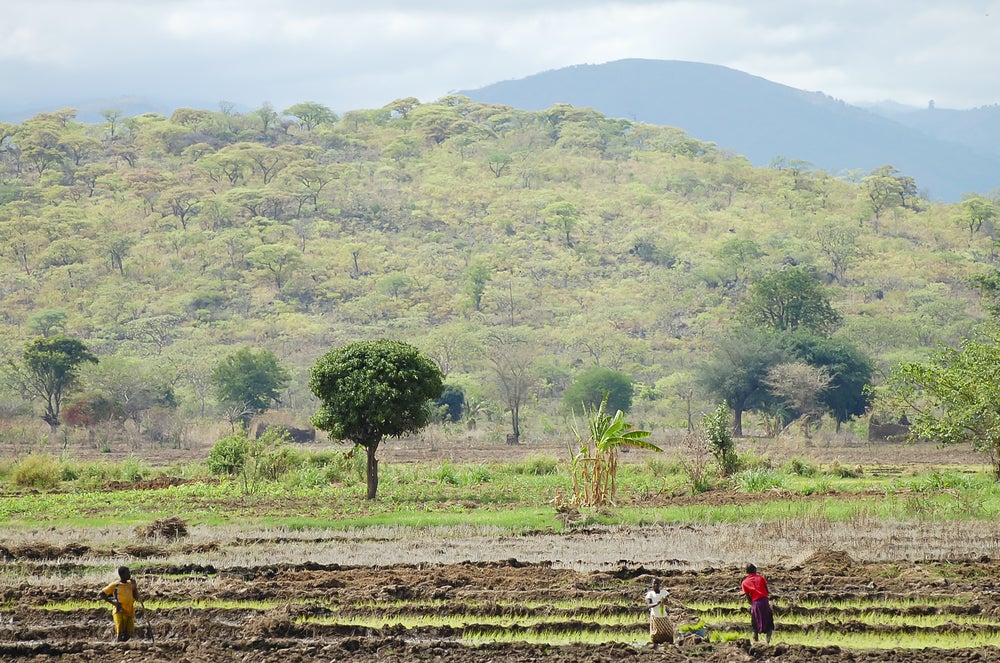
This multi-stakeholder partnership by climate-positive foundations, Laudes Foundation and Helvetas Tanzania alongside the German development agency, GIZ, brings together various stakeholders, including farming communities, and public and private sector entities, to address the intricate challenges associated with climate, nature, and human well-being at a landscape level.
The Tanzania regions in focus, Singida and Simiyu, have been grappling with significant challenges arising from climate change and ecosystem degradation, which have adversely affected local livelihoods and the economy.
Hendrik Buermann, project director of the Regenerative Production Landscape Collaborative, emphasised the need for a holistic, place-based approach that transcends the conventional farm-level and single-commodity focus.
The initiative aims to tackle Tanzania’s issues such as deforestation, overgrazing, water resource mismanagement, soil erosion, and loss of biodiversity. The overarching goal is to transition from a production model that degrades and pollutes to a sustainable agri-business model that conserves, restores, and regenerates the environment.
The programme’s key features include:
- Smallholder farmers adopting regenerative agriculture practices, participating in inclusive business models, conserving biodiversity, and enhancing resilience to climate change.
- Village committees identify solutions for land and water source restoration and integrate these solutions into local spatial planning.
- District Spatial and Environmental Action Plans incorporating interventions at the farm and community levels.
- Private sector involvement in promoting farming models that regenerate the land and investing in the prosperity of farmers and communities.
- Civil Society Organisations supporting and facilitating on-the-ground interventions, including large-scale tree and landscape restoration activities.
- Investors and funders identify opportunities for investments in a thriving landscape.
Anita Chester, head of fashion at Laudes Foundation, highlighted the foundation’s ongoing efforts to support Tanzania, which has become a significant producer of organic cotton in Africa, benefiting over 60,000 smallholder farmers ecologically and economically.

US Tariffs are shifting - will you react or anticipate?
Don’t let policy changes catch you off guard. Stay proactive with real-time data and expert analysis.
By GlobalDataShe added: “This latest investment is towards an innovative multi-stakeholder governance model to empower producers, engage communities, and enlist public and private sector players to create sustainable business opportunities for the region.”



